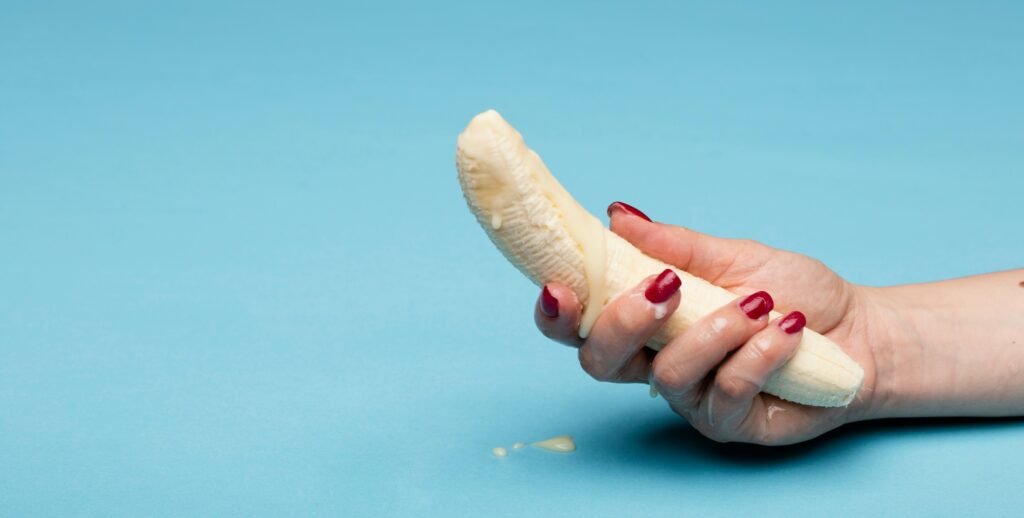Sex can get messy – really messy. On top of the social and emotional mores you have to navigate, there are always the looming health concerns, such as potential pregnancies and sexually transmitted infections (STIs).
There are a lot of STIs out there, along with a lot of other infections that can be passed on during sex. It’s hard to know which is which, and how you should respond to them.
Certain infections can be difficult to classify. In particular, many people wonder if pubic lice can be considered an STI.
In this blog, we’ll cover what public lice are, what STIs are, whether pubic lice are considered STIs, and what you can do to get treated for pubic lice if you think you have them.
What are STIs?
Sexually transmitted infections are infections whose primary mode of transmission is sexual contact. However, some STIs can be spread through non-sexual activity, such as skin-to-skin contact and sharing needles and razors.
Some common STIs include:
- Chlamydia
- Gonorrhoea
- Human immunodeficiency virus (HIV)
- Syphilis
- Herpes
- Human papillomavirus (HPV)
- Hepatitis A
- Hepatitis B
- Hepatitis C
- Mycoplasma
- Trichomonas
- Ureaplasma
Most STIs don’t present with any symptoms, so it’s possible to have an STI and not know it. This is what makes them such an important public health concern.
What are pubic lice?
Pubic lice, also known as crabs, are tiny insects that can live in the pubic hair of humans, as well as other hairy parts of the body like eyebrows, eyelashes, chest hair, and armpits. They’re very small, usually no more than two millimetres long, and tend to be a grey-brown colour.
Pubic lice feed on blood and can cause intense itching and irritation. They spread through close physical contact, such as sexual activity or sharing clothing or bedding with someone who has pubic lice.
Symptoms of pubic lice can include:
- Itching, which usually worsens at night.
- Pale blue or red bite marks on the skin
- Small white dots at the base of your hairs (lice eggs)
Are pubic lice considered an STI?
Yes, pubic lice can be considered an STI because they are most commonly spread through sexual contact. While lice can’t jump or fly, they can climb from one person to another. They can also be spread through non-sexual contact, such as sharing clothes and bedding, or through close body contact like hugging.
It’s important to note that using condoms and other forms of contraception won’t protect you from getting pubic lice. While condoms will cover some of the male genitals, they will not cover every bit of skin where pubic lice may reside.
How to get treated for pubic lice
If you suspect you have pubic lice, it is important to seek treatment as soon as possible.
Pubic lice can be easily treated with over-the-counter medications like lice shampoos, lotions, and insecticides. You may also want to get a prescription medication from your doctor.
If you believe you have pubic lice, you should also avoid sexual activity until you have been treated, as pubic lice can be spread to partners during sexual contact. It is important to wash all clothing, bedding, and towels in hot water to prevent pubic lice from spreading.
Final thoughts
Pubic lice can be considered an STI, and it’s important to take the necessary steps to protect yourself and those you care about from this infection.
If you are worried about STIs, you should get tested with Better2Know today. Call the number at the top of this page and speak to one of our Sexual Health Advisors today. They will be able to help you choose the right STI screen and clinic for you.





